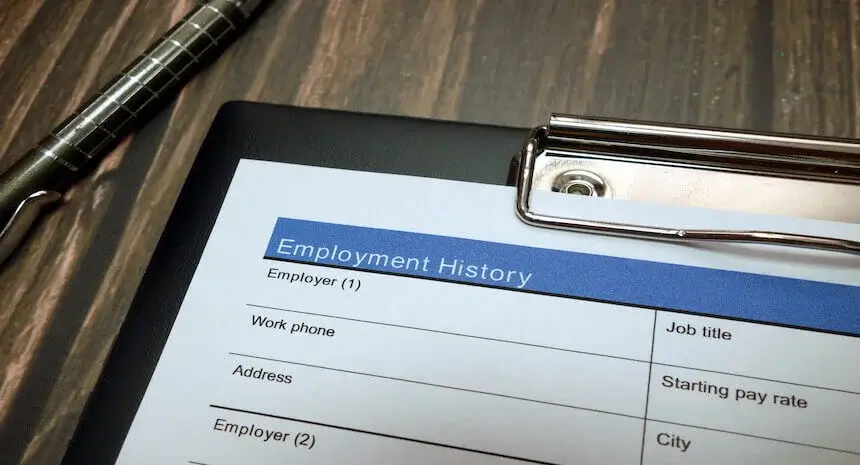Job Search Advice
All Articles
Career Resources
Job Search Tips
Sort by
×
Author
×
Sort
- All
- Most Recent
- Oldest
-
-
-
-
- Jobs • June 17, 2025
What to Say to a Job Offer When Waiting for Another (+ Examples)
-
-
-
-
- Jobs • March 13, 2025
12 Best Jobs for Moms and Dads That Don't Require a College Degree
-
-














